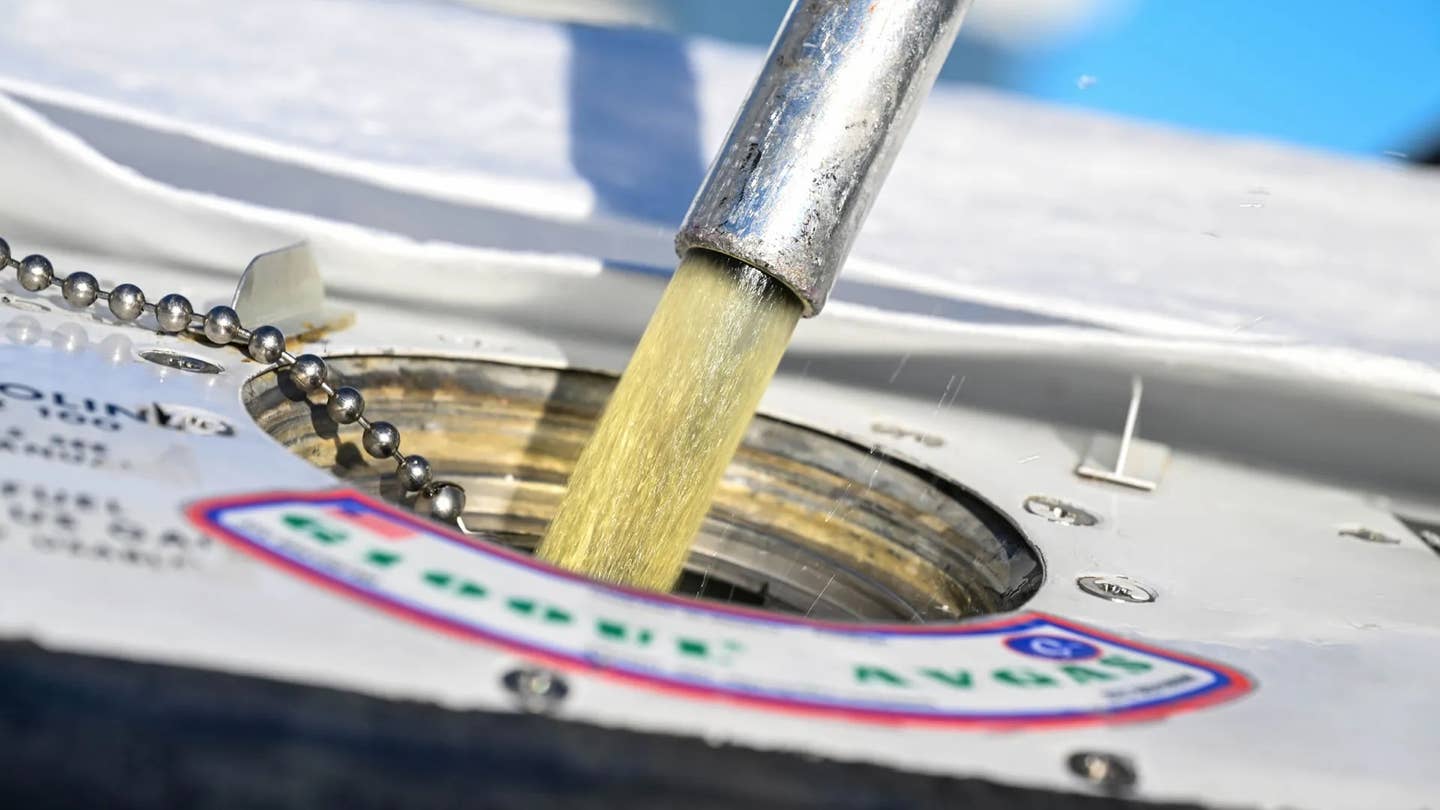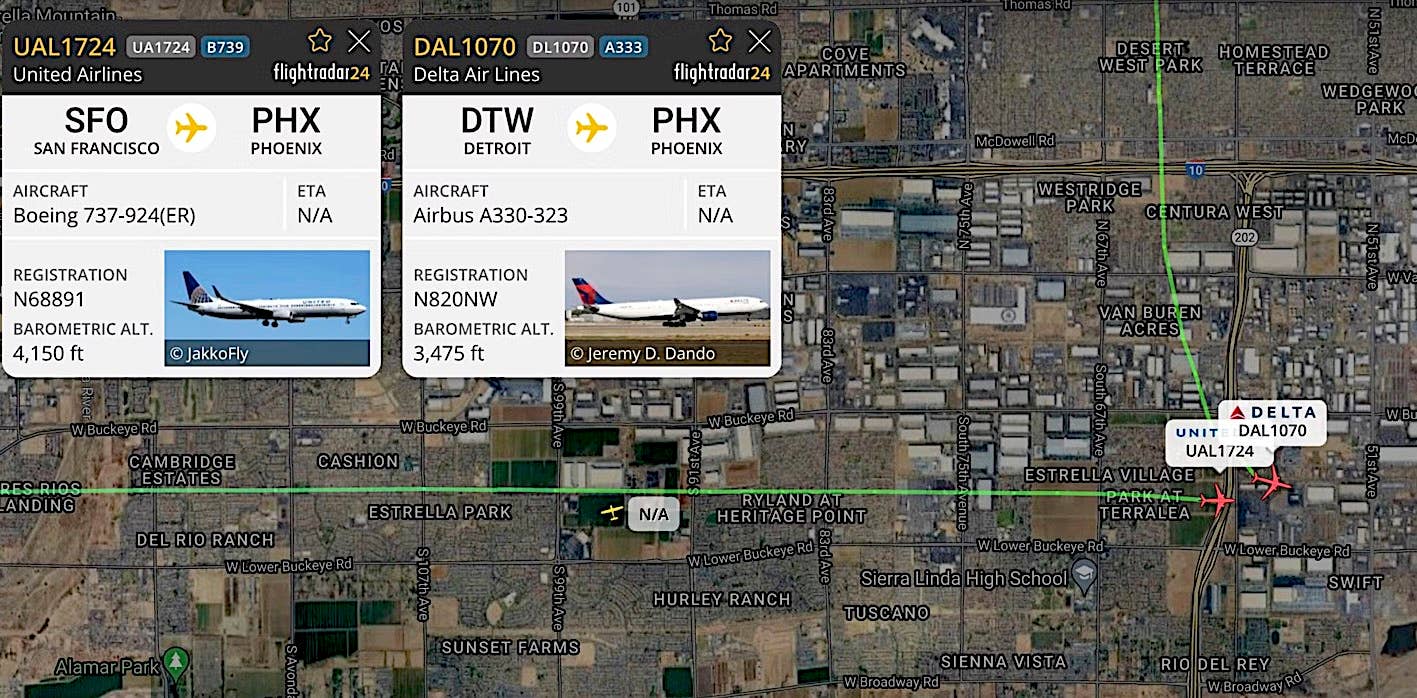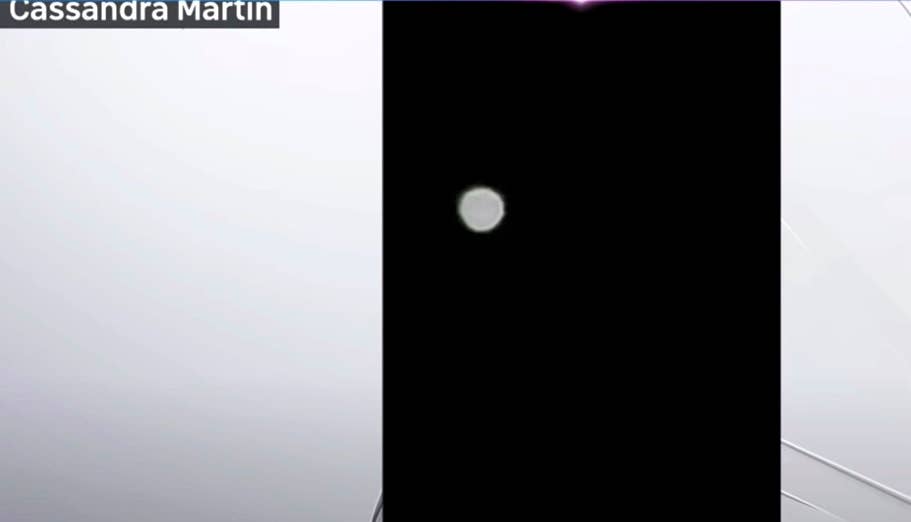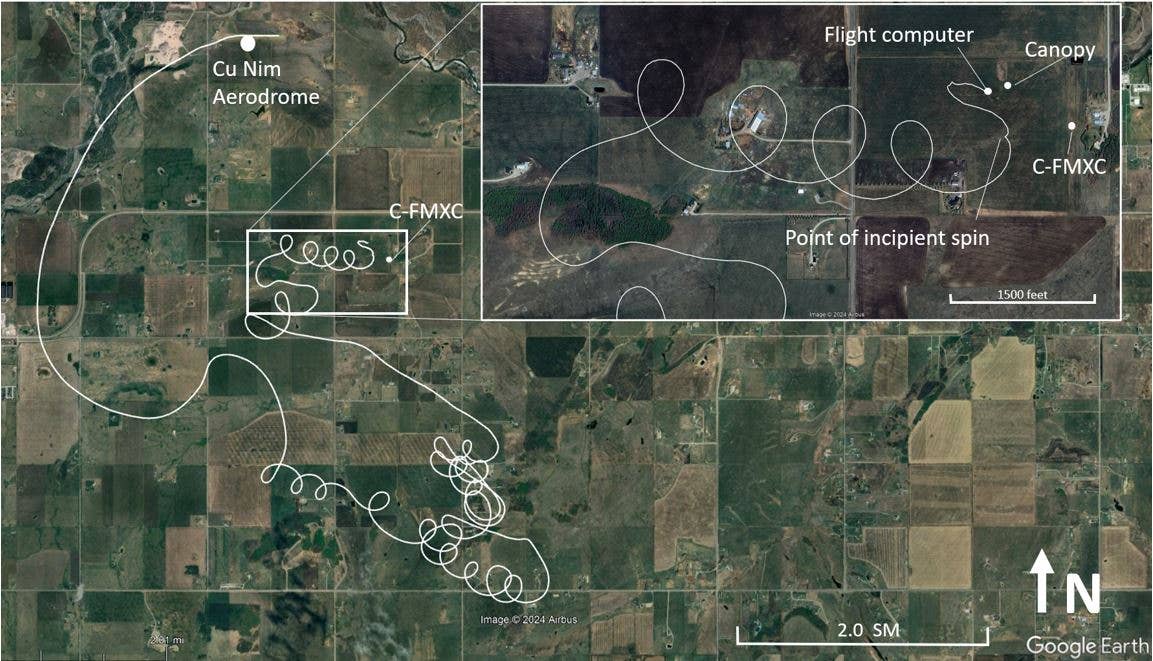SpaceX Launch Successful, Rocket Recovery Fails
SpaceX successfully launched an unmanned supply mission to the International Space Station on Saturday morning, but an attempt to soft land and recover the booster to a barge at sea failed.
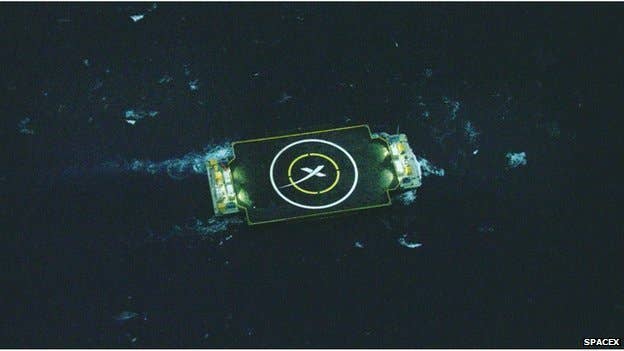
SpaceX successfully launched an unmanned supply mission to the International Space Station on Saturday morning, but an attempt to soft land and recover the booster to a barge at sea failed.
SpaceX CEO Elon Musk Tweeted Saturday, "Close, but no cigar. Bodes well for the future tho'. Ship itself is fine. Some of the support equipment on the deck will need to be replaced." After completing the initial boost phase, one of the Falcon 9 rocket's first-stage engines was reignited to place the spent booster on a trajectory toward a drone barge located off the coast of Jacksonville, Florida. A series of trajectory corrections actually allowed the booster to hit the barge, but impact data was unavailable Saturday morning.
"Didn't get good landing/impact video. Pitch dark and foggy. Will piece it together from telemetry and ... actual pieces," Musk said in his Tweet. Before the launch, SpaceX said the chances of success were only about 50 percent.
Meanwhile, the Dragon resupply ship reached orbit successfully and was expected to reach the ISS on Monday. The Falcon 9 and Dragon lifted off at 4:47 a.m. local time from Cape Canaveral.
SpaceX has been testing recoverable boosters for several years. Musk says if they're successful, the cost of orbiting payloads could be reduced to a hundredth of the current cost.

